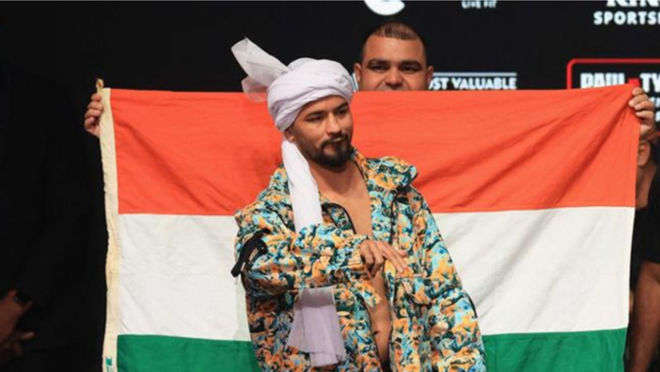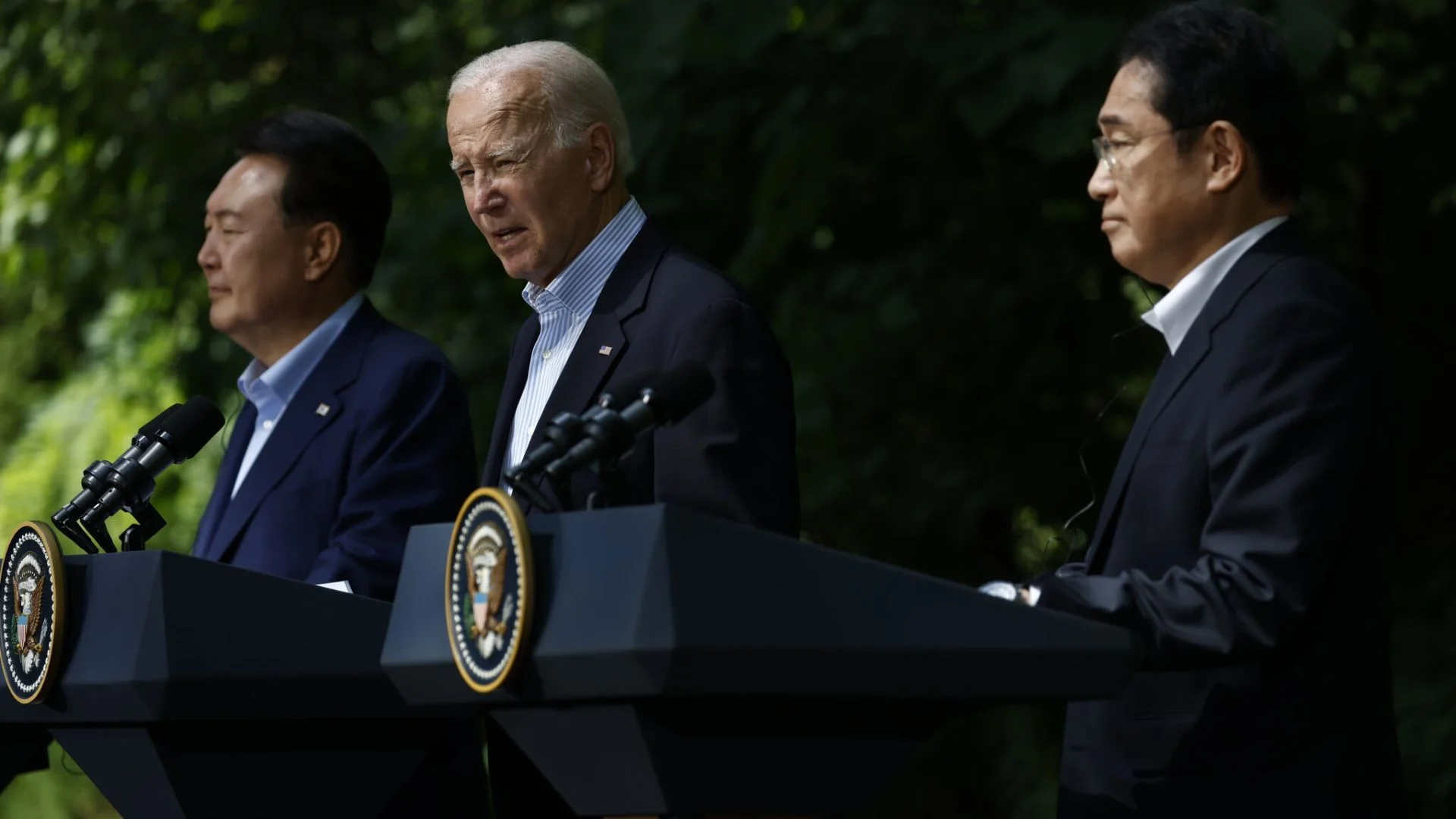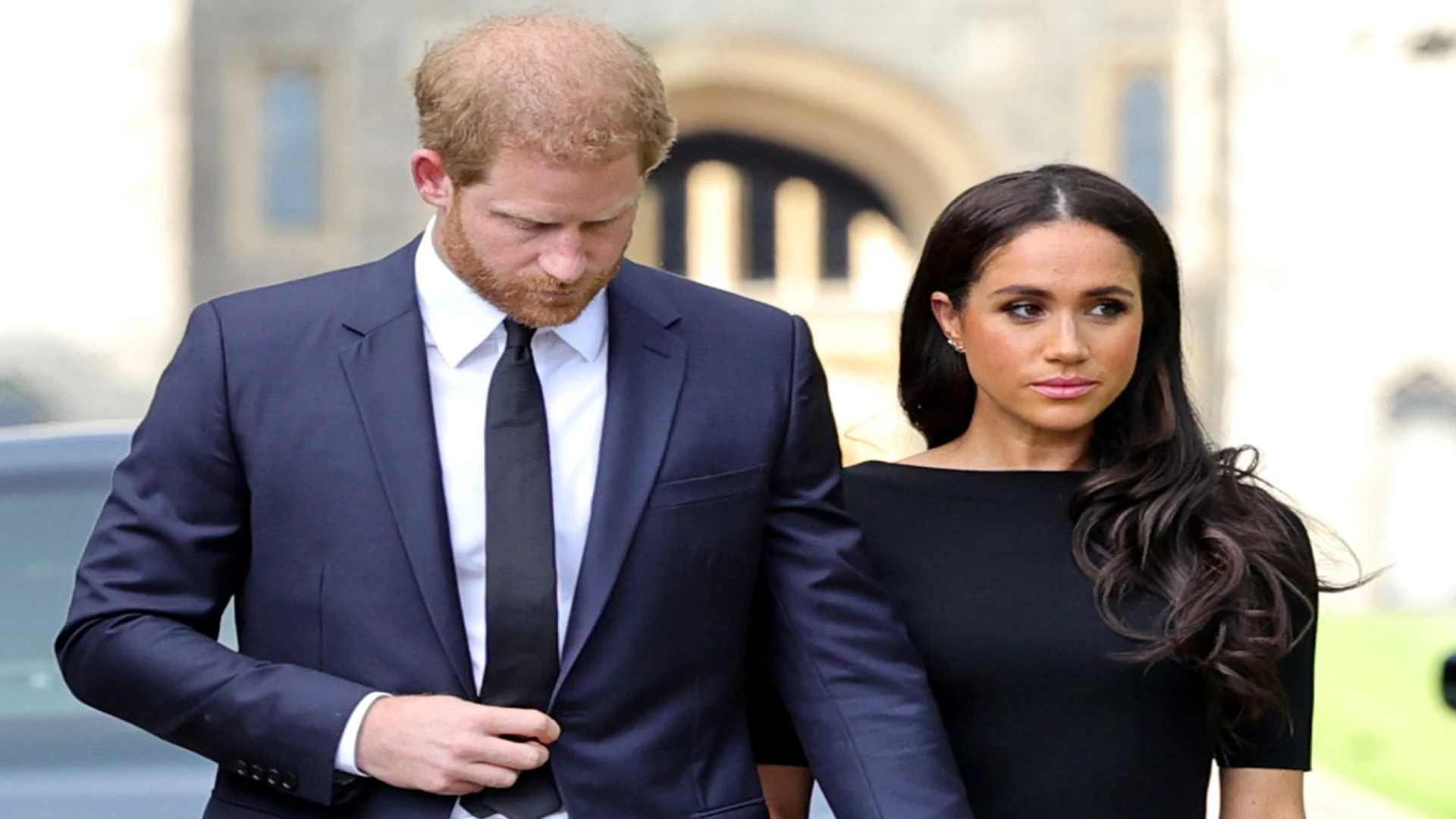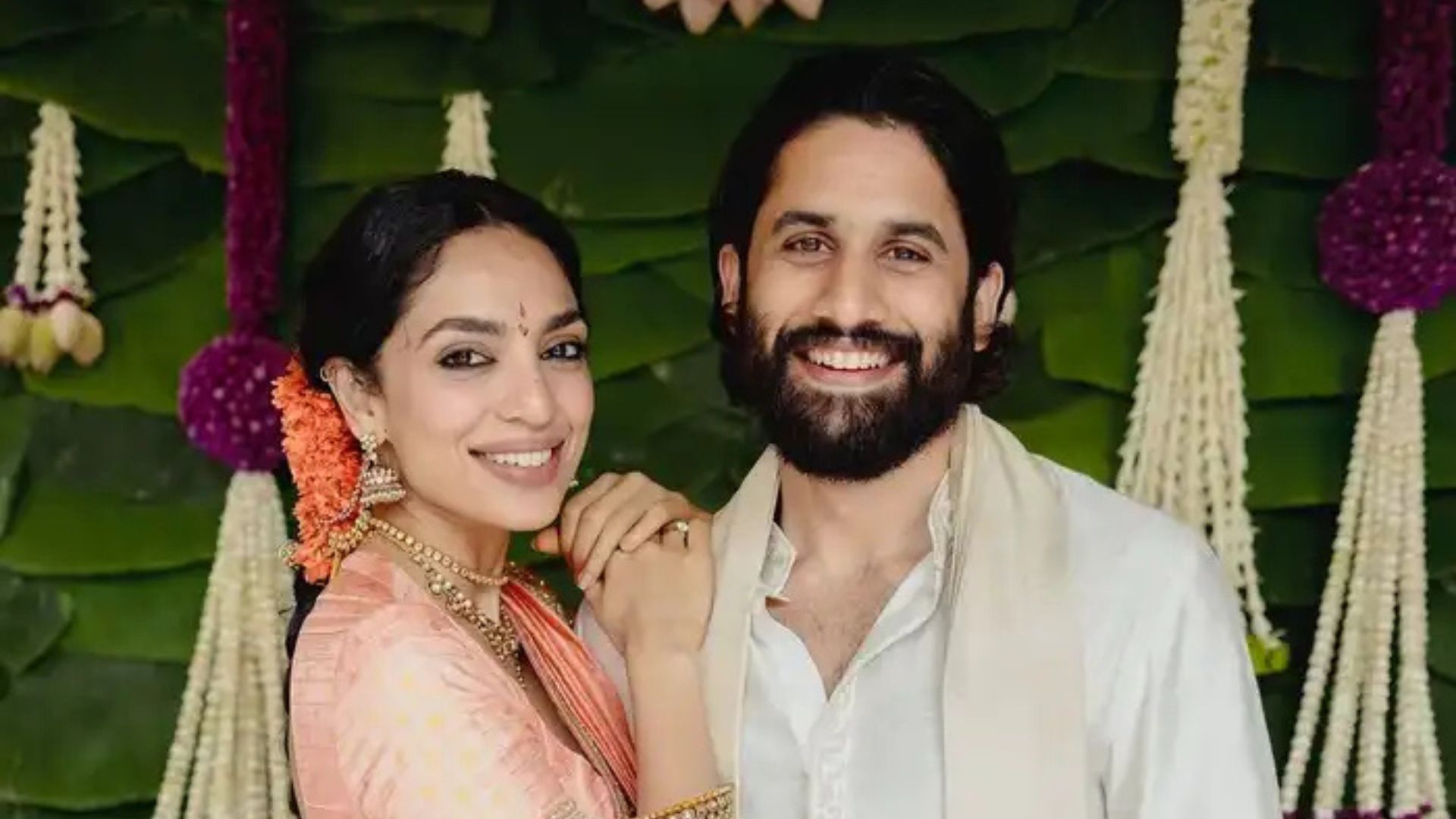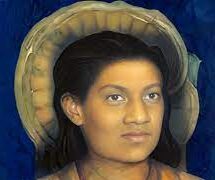
Bharat is home to hundreds of communities, which are split geographically, by natural environment, caste, and religion. Every culture, their ethnic standard, and religious belief is unique to that group. The country has produced many cults and saints from time to time in these societies based on these ideas. Literary settings like oral stories, hymns, and poetries were the primary means for these saints to communicate their ideas to ordinary people. They mirrored their civilizations’ narrative identities, core values, social norms, and moral canon, reflecting society’s ambitions, objectives, and wishes.
These literary saints play a variety of functions in ancient civilizations such as Bharat and other South Asian countries. They reflect the prevailing civilization of the time while also making a link to see their communal identity. They are imprinted on the collective and individual memories of the people who comprise communities and civilizations.
Bhima Bhoi (1885-1894) was one such Bhakti saint, philosopher, and poet. He was a Kondh tribal poet born in Kankadapara, a sub-divisional headquarters of Rairakhol near the Sambalpur district of Odisha. He was one of the most significant Nirguna Bhakti saints of the nineteenth century, a devotee of Mahima Dharma and a propagator of the Alekha cult. He was profoundly influenced by Mahima Dharma of Mahima Gosain, who believed one can perceive the existence of Shunya or the Alekh Niranjan, which according to him was the Single Brahma.
Mahima Dharma thrived in Odisha at a pivotal point in the late 18th century. Mahima Gosain is regarded as the founder of the Mahima cult. Bhima Bhoi, a devoted pupil of Mahima Gosain, is a proponent of spiritual humanism and global peace. This conveys the concept that everyone should be instilled with an ethical spirit. His tactics are not limited to any specific sect or set of individuals but to mankind as a whole. Bhima Bhoi chose the Nishkma Karma, Nishkma Jnana, and Nishkma Bhakti paths. He was opposed to scriptural knowledge (Shastra Panditya) and emphasised Atma Jnana leading to Atma Suddhi. His concept of surrender is an antidote to the growth of capitalism and human greed. He, like Gautam Buddha, was concerned with the pains and sufferings of the oppressed class. His philosophy is not a dry academic exercise, but rather an inner yearning for the well-being of all sentient creatures.
He was a poet of Panchasakh. Panchasakha is the term given to poet-metaphysicians who were staunch supporters of Utkaliya Vaisnavism. This includes the concepts of unya, Alekha, Mahim, nirguna upsan, which culminated in the philosophy of Bhima Bhoi. The concepts like Alekha, Mahim, unya, Brahman are the primary metaphysical theories of MahimDharma. The Mahim which is both saguna and nirguna. While Saguna can be seen in the form of human the Nirguna is the universe. Bhima Bhoi emphasized on the perfection of individual by adopting certain methods of saguna and nirguna. According to Bhima Bhoi, the human body is the potential womb of all celestial attributes and is perfect in and of itself. Man’s nature is the finest of all beings. Continuous effort should be made to make good utilization of the body. Purification of the body and mind, which are to be considered as temples, is required.
In the words of Bhima Bhoi, Pinda and Brahmanda are the same. The microcosm is the individual self, and the macrocosm is the globe, which are two parts of the same reality. The ultimate reality manifests itself in Pinda as well as other types of Brahmanda. Sadhana for the realization of Brahman is recommended by Mahima Dharma, which acknowledges Brahman as the ultimate reality. In the process of ‘s dhan’ Bhima Bhoi exhorts the aspirants in the Jñna M rga to walk into the bhakti path. By abandoning biblical wisdom, Bhima Bhoi emphasizes nirveda sadhana, in which seekers must forego information detailed in the Veda and Vedanta. A person is in the state of nirveda, when he unites with the ultimate reality, and can attain the highest level of enlightenment.
He also manifests the idea of Guru Vandana. According to Bhima Bhoi, the Guru is the personification of purity. The aspirant gains knowledge of oneself by relying on the guru’s rescuing grace. A real guru is one who safeguards the shishya. Guru’s temperament should be such that he is always eager to pour his grace (Karuna) on the adherent who seeks the mercy of Reality. Therefore, Bhima Bhoi’s ethics are inspired by metaphysics, knowing the nature of reality dictates the methods to obtain it, which is accessible to everybody. Sunya, Mahima, Alekha, and other ideas must be comprehended in order to create an ideal society. Bhima Bhoi desired societal reformation via the abolition of ignorance and illiteracy. Thus, the compassionate connotation can be found in Bhima Bhoi’s lyrics and works. In philosophy, Bhima Bhoi was not a system creator. He was determined to put abstract intellectual notions into action. He believes that dharma is complete when there is harmony between our psychological attitude and the harsh realities of practical and existential reality. He attempted to stimulate rational enlightenment in human beings by promoting Mahima Dharma as a way of life, so that people may advance in the proper direction. Bhima Bhoi’s lyrics rage against the degeneration of modern civilization. Though he wrote over a hundred poems, only twelve are available: Brahma Nirupana Gita, Stuti Chintamani, Astaka Bihari Gita, Chautisa Madhu Chakra, Bhajanamala in Odia, and two collections written in Bangla, Atha Bhajan and Bangala Atha Bhajan. Aside from that, there are numerous anecdotes about Bhima Bhoi in the oral traditions of the culture.
A society is a harmonious group of people. The notion of an ideal society becomes a faraway dream until individual worth and excellence are reached. Gender discrimination, casteism, idol worship, ceremonies and rituals are some of the social ills that exist in society. Bhima Bhoi envisioned a classless society with community peace, eclecticism, and social inclusion. True humanist Bhima Bhoi supported spiritual humanism, and his social contributions serve as a remedy for the maladies that have afflicted modern civilization.
Bhima Bhoi hence can be described as a reformer, although his methods are extreme and revolutionary. He refused to make any concessions to the prevailing socio-religious system, which is infested with creeds, blind convictions, unnecessary rituals, and the brutal caste system. Bhima Bhoi advocates for justice and compassion. He can’t help but come out to share humanity’s pain. Bhima Bhoi was a spiritual humanist who advocated for the benefit of everyone rather than just the human species. His worldview revolves around humanism and thus his spiritual humanism emphasizes the concept that the entire cosmos is one family i.e., Vasudhaiva Kutumbakam.
Prof. T. V. Kattimani is the Vice–Chancellor, Central Tribal University of Andhra Pradesh
